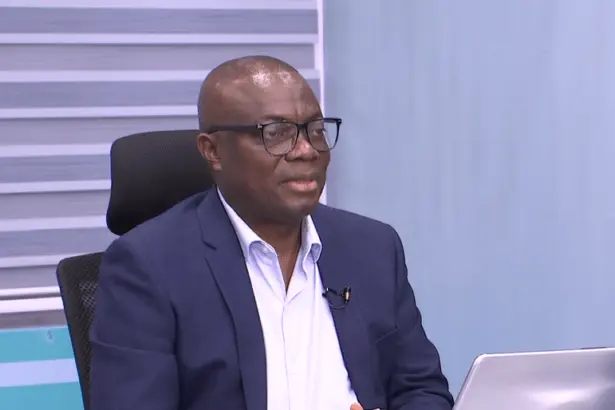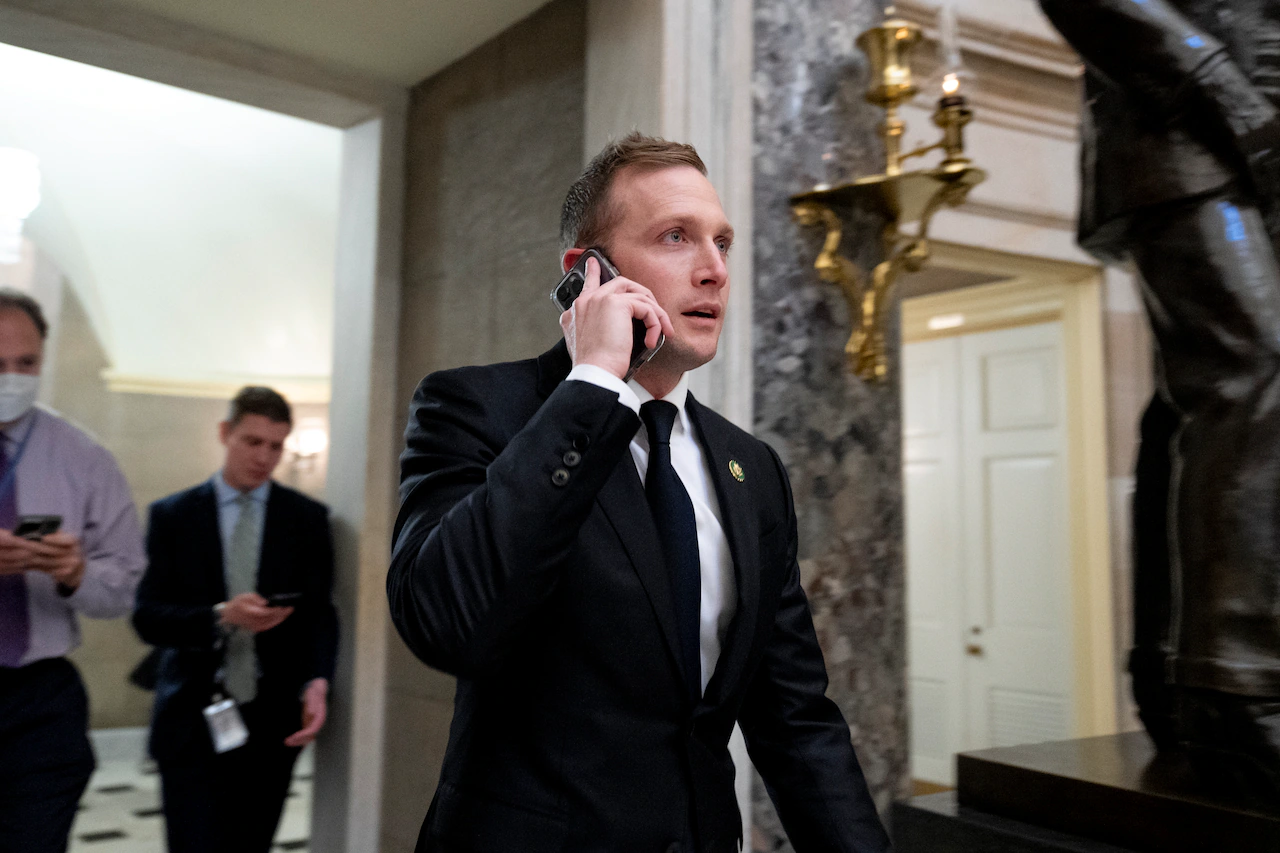You Are a Politician: Four Lessons From Local Politics That Make for Better Organizational Leaders

If you’re a business or organizational leader and you’re reading these words, I want to suggest something unconventional that may help you unlock new growth, new insights and new success: You are a politician.
I know that — in some quarters — them’s fighting words. But stay with me for a moment.
Several years ago, I launched an NGO at almost the same time that I began to dip my toes into local politics. At first, I was helping with advocacy for specific pieces of legislation. Then I got involved in hosting events where officials would speak and debate. And then, at a friend’s urging, I ran for (and was elected to) local office.
And if, at the start of that process, you had suggested to me that launching and growing a business was remarkably similar to launching and growing a political career, I probably would’ve laughed. (I definitely wouldn’t have believed it.)
But today, having done both in parallel, I want to suggest to you that there are very significant overlaps between the two. Recognizing the parallels can — and will — make you a better leader. Let me offer four reasons why.
1. It’s About the Problem — Always
One of the most famous quotes in American politics is: “Are you better off than you were four years ago?” But that’s just another way of asking, “Are you experiencing problems?”
People vote for politicians because they want a problem solved. People spend money for the exact same reason. Whether it’s changing an outdated local ordinance or buying a new refrigerator, your constituency is handing you their vote or their cash because they have a problem and believe you might do a better job of fixing it than the other guy.
Effective politicians know how to help voters understand, identify and voice the problem they are facing. Effective brands do the exact same thing. Whether you want voters or customers, success requires recognizing that there is a problem they need solved — and that job No. 1 is to address it.
Editor’s picks
2. Nothing Beats the Personal Touch — Ever
Economics values efficiency, and American business leaders are obsessed with it. (We use automated calendars to optimize our schedules and seek out seven-minute workouts that might keep us in shape.)
But the most effective way to build rapport with stakeholders is wildly, almost sarcastically inefficient: the personal touch.
Politicians attend events and shake hands and kiss babies because nothing beats personal connection. Many people — rightly — believe that if a politician can’t be bothered to come to where they are and meet with them, then that politician doesn’t deserve their vote.
Likewise, if you want to win over potential partners and customers, go old school. Go to lunch. Go to coffee. Have a cocktail. (And pick up the check.) Know people’s names. Know their birthdays. Be invested in their lives, even if only at a surface level.
Effective politicians know that nothing beats a voter saying, “Oh, I know her! She’s great!” Likewise, effective brands recognize that everybody wants to do business with people they feel like they know. So, the question is: Do people know you?
The Rolling Stone Culture Council is an invitation-only community for Influencers, Innovators and Creatives. Do I qualify?
3. No One Succeeds Alone — Really
Suppose you’ve gotten elected. Now you’ve got to make good on all those campaign promises.
Related Content
Here’s the hard truth: In local politics, most officials don’t have the ability to do much in isolation. If they want to move things forward, they’ve got to build consensus, buy-in and agreement. Grandstanding speeches may make for compelling moments in movies, but they don’t do all that much in real, everyday politics.
It’s the same in your business or organization. Yes, you’re in charge (at least in part). But things only happen if you build consensus with your stakeholders: employees, partners and customers. All three groups need to buy in and cooperate for anything good to happen.
So, yes, no one succeeds alone. The good news is you don’t have to. Enter: compromise.
4. Compromise Is Success — Truly
Politics is the art of compromise. If it’s not good for all political stakeholders, it’s probably not going to move forward. (Or, if it does, there will be a huge cost down the road.) Effective politicians focus on the details they absolutely have to have and are willing to negotiate on almost everything else.
By contrast, American culture loves the idea of hard-charging business leaders who won’t take no for an answer — the kind who reject the very notion of compromise. But in truth, that approach rarely leads to success. If your plan cannot succeed under any form of deviation, then it’s probably not a very good or robust plan.
Effective politicians know this. Politics is herding cats. You point vaguely in one direction and work to make sure the cats are generally moving that way. That’s the best-case scenario.
Effective organizational leaders take the same stance. They know that if the main objectives are being accomplished, that’s as great of a success as typically exists. And they know that success almost always requires compromise.
You Are a Politician
There’s one final linkage between politics and business, and it’s the main reason I say that you, in fact, are a politician.
As an organizational leader, your primary currency is trust. And trust is the realm of politics. (Really!)
Consider: A group of people trusts you to solve a problem on their behalf. They trust that you know them, know their problem and can actually get the job done by building the right relationships and focusing on the big picture.
By contrast, if their trust wavers, they may vote — whether with the ballot or with their wallets — for the other guy.
Trending Stories
Either way, it’s all about trust.
These four principles will help you build trust, and then make good on it. And when you honor that trust, it will bring success that — truly — money can’t buy.



